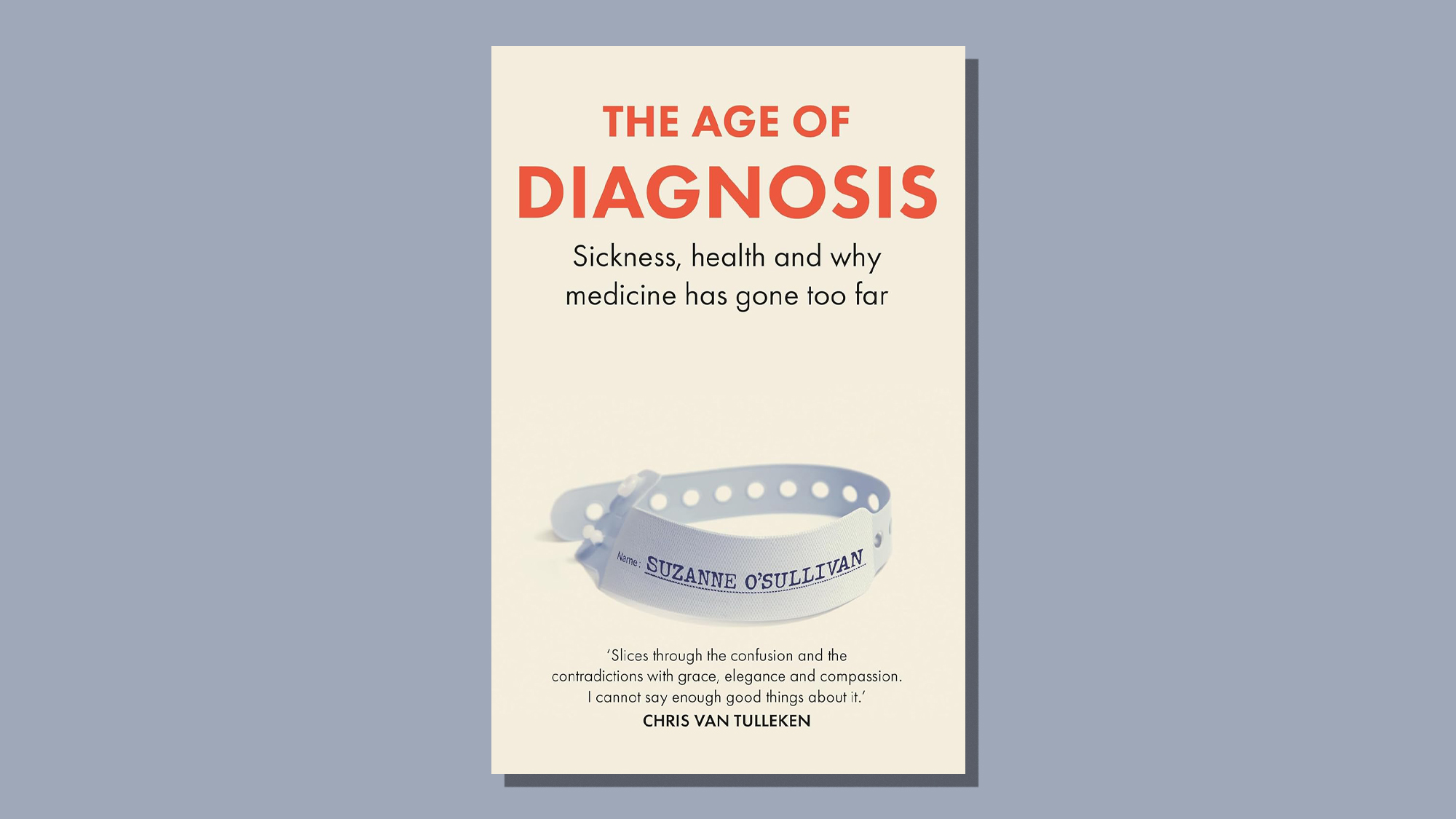The Age of Diagnosis: Suzanne O'Sullivan's 'immensely persuasive' read
Rather than 'getting sicker', we may be 'attributing more to sickness'

A free daily email with the biggest news stories of the day – and the best features from TheWeek.com
You are now subscribed
Your newsletter sign-up was successful
A "perplexing" feature of our age is that the more our society spends on healthcare, the "gloomier the statistics around ill health" become, said James Le Fanu in Literary Review.
Funding for the NHS has grown sixfold in the past 50 years; and while there have been clear benefits – including better recovery rates from many life-threatening diseases – it's notable that the increase in investment has not made us less sick overall. Quite the contrary, in fact: since 2010, the "number of people labelled as having a long-term health condition – whether physical or mental – has leapt by six million". In her wide-ranging book, Suzanne O'Sullivan suggests that this glut of ill health has been driven by a culture of "overdiagnosis". Rather than actually "getting sicker", she writes, we are "attributing more to sickness", so that millions who once would have been considered healthy are now classed as unwell. The costs are considerable – to individuals and to society – and O'Sullivan's assessment of how this situation came about is "masterful" and "immensely persuasive".
As O'Sullivan sees it, overdiagnosis most often occurs in two forms, said Hannah Barnes in The New Statesman. First, there's "over-detection" – where improvements in our ability to identify signs of disease lead to unnecessarily early interventions (this has happened, she claims, with certain cancers). Secondly, there's "expanded disease definitions" – an ever-greater number of symptoms being classed as evidence of a condition. O'Sullivan believes the latter is chiefly responsible for the dramatic recent rise in diagnoses for conditions such as autism and ADHD. Historically, these may have been underdiagnosed, but now the opposite is true, and "almost nobody is denied a diagnosis". This, she argues, can do "more harm than good" – leading people to attribute all the problems in their life to their "condition", when the actual solutions may lie elsewhere.
The Week
Escape your echo chamber. Get the facts behind the news, plus analysis from multiple perspectives.

Sign up for The Week's Free Newsletters
From our morning news briefing to a weekly Good News Newsletter, get the best of The Week delivered directly to your inbox.
From our morning news briefing to a weekly Good News Newsletter, get the best of The Week delivered directly to your inbox.
Long Covid is another contentious illness that O'Sullivan considers, said Adam Rutherford in The Guardian. Here, uniquely, diagnosis has "been led by the public, often via social media". Exploring such areas is "incredibly difficult", and it would have been easy to be "sneering or dismissive". Thankfully, O'Sullivan is neither; her writing is "full of compassion, care and grace". The central argument of this excellent book is that diagnosis is a tool that should be "wielded with the utmost caution".
A free daily email with the biggest news stories of the day – and the best features from TheWeek.com